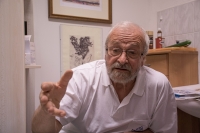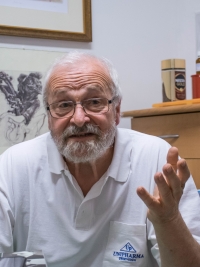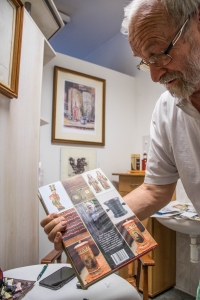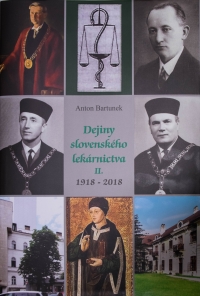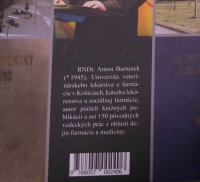“I return to you the membership legitimization of the KSS and today I am leaving the Communist Party”
Anton Bartunek, was born on September 21, 1945 in Lipany, into a very religious family of two teachers who had five children. His roots come from several countries, as he says, they are such a “Central European, typical mix”. The memorial attended the Eight-Year School in Lipany, where he graduated in 1962. Later he decided to study pharmacy in Bratislava for five years. His student times, in the sixties, were fantastic for him in Bratislava. The memorial later graduated from two other universities, in Prague and Prešov, thanks to which he became the only one in Slovakia, who devotes himself to basic research in the field of the history of pharmacy and medicine. At present, he has even defended his doctorate, with an extensive 260-pages, dissertation thesis. Among other things, He was the first president of the Slovak Chamber of Pharmacy. He has beautiful memories of his childhood, but with the coming of the fifties, circumstances have changed. Slowly, but surely, a communist ideology was established in society, and with ideology came a new regime, too. People terrorized the farmers, who wrote inscriptions like kulak on the gates of their farms. In Bratislava, meanwhile of studying, he met his future wife, whom he married in 1967 and a son was born to them, three years later. He graduated from the Faculty of Pharmacy in mentioned year 1967, followed by moving to Opava, where he began his four-years career as a pharmacist. Unfortunately, the memorial usually does not have good memories of the communist era. His father was almost jacked-out-of-office, or during his studies he was forced to join the Communist Party. Later, due to unsympathies with the regime, he had to change his workplace. He moved from Opava to Lemešany, where he also worked as a pharmacist. Subsequently, he obtained the position of operating pharmacist in Prešov. One of Anton Bartunek’s activities was also the establishment of a VPN-Public against Violence, which was based in PKO in Prešov. He also organized the largest collection in the history of the Czechoslovak Socialist Republic, to help Romania, which was implemented in December 1989.
